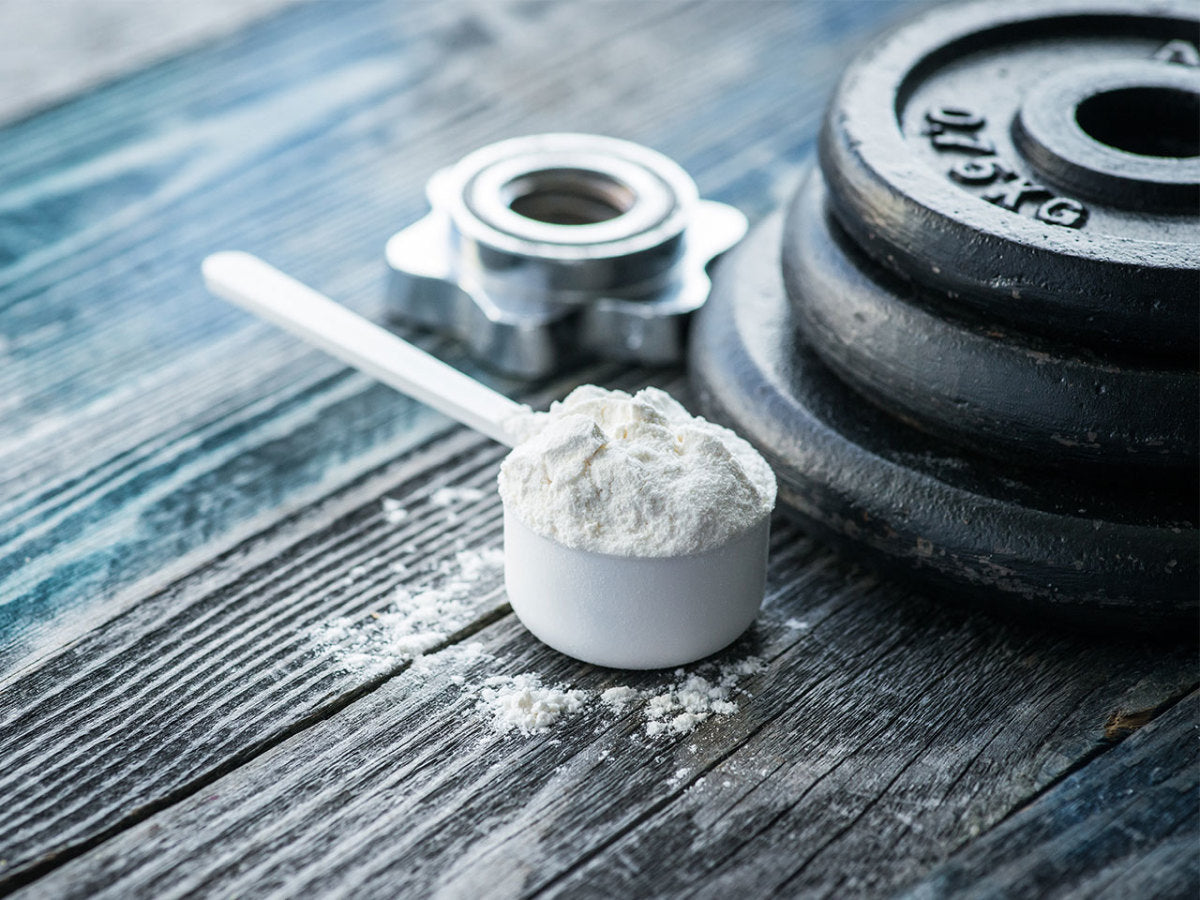What Is Creatine?
Creatine is a naturally occurring compound found in small amounts in foods like red meat and fish and is also produced by the body, primarily in the liver, kidneys, and pancreas. It’s stored in muscles as phosphocreatine, where it plays a critical role in regenerating adenosine triphosphate (ATP), the primary energy source for high-intensity, short-duration activities such as weightlifting, sprinting, and jumping.
Why Should Men and Women Take Creatine?
Creatine is not just for bodybuilders or male athletes—it offers a range of benefits for both men and women, including:
-
Improved Strength and Muscle Performance
Creatine enhances energy production during high-intensity activities, leading to better strength, power, and overall workout performance. -
Increased Lean Muscle Mass
Supplementing with creatine supports muscle growth by promoting water retention in muscle cells and facilitating protein synthesis, making it beneficial for anyone looking to tone or build muscle. -
Enhanced Recovery
Creatine can reduce muscle damage and inflammation after intense exercise, speeding up recovery for both men and women. -
Cognitive Benefits
Creatine supplementation has been shown to support brain health by providing energy to brain cells, which may improve mental clarity and reduce fatigue—benefits that apply equally to men and women. -
Bone and Joint Health
Emerging research suggests creatine may improve bone density and joint health, a crucial benefit for women concerned about osteoporosis or age-related bone loss.
How to Use Creatine
Creatine monohydrate is the most researched and widely recommended form, with an effective dose being 3-5 grams daily. It’s safe for long-term use and can be taken at any time of day, though many prefer to include it in their pre- or post-workout routines.
Both men and women can benefit from creatine's proven effects on physical performance, recovery, and even cognitive function. It's a versatile and science-backed supplement that supports active, healthy living for everyone.

